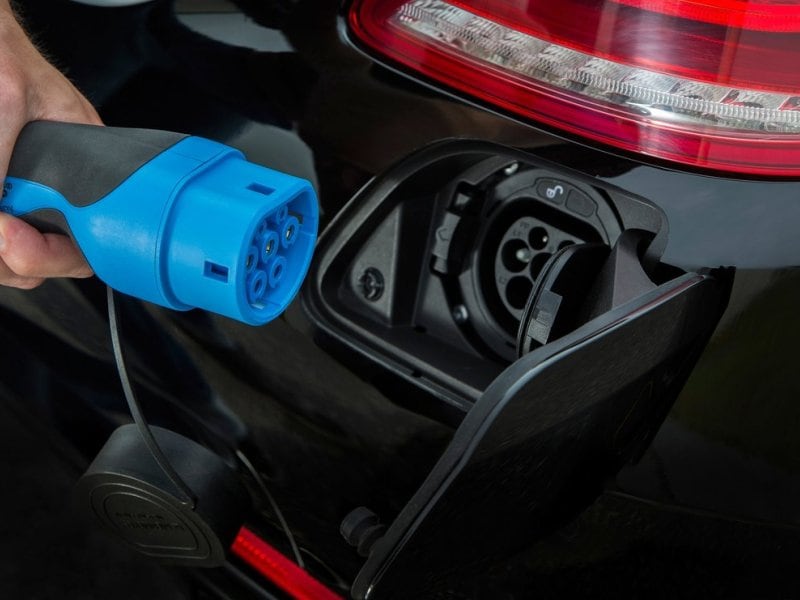Recent Articles
Popular Makes
Body Types
2015 Plug-in Hybrid Tax Credit Information

With tax season fast approaching, it’s time to determine which tax credits you qualify for. Whether you’ve already purchased a plug-in hybrid electric vehicle (a PHEV) or you’re thinking about purchasing one to help offset some of next years taxes, there is quite a bit of information that you need to know in order to maximize your savings. Tax credits (and rebates) are available both at the federal level (a maximum of $7,500) and the state level, depending on the model you select and where you live. There are also federal tax credits available for full-electric vehicles, however there are no longer any available for clean diesel or regular hybrid (non-plug-in) vehicles, nor are there any federal tax credits remaining for electric vehicle charging stations.
To qualify for the federal plug-in hybrid car tax credit, the vehicle must meet a number of criteria:
1) The vehicle must be made by a manufacturer, meaning that to qualify you cannot take a conventional (or standard non-plugin hybrid) vehicle and covert it to a plug-in hybrid. 2) The vehicle must be treated as a motor vehicle for purposes of title II of the Clean Air Act. 3) The vehicle must have a gross vehicle weight rating (GVWR) of 14,000 pounds or less (all plug-in hybrid cars should have a GVWR less than 14,000 pounds). 4) The vehicle must be propelled to a significant extent by an electric motor which gets its energy from a battery with a capacity of 4 kilowatt hours (kWh) or more that can be recharged using an external source of electricity (in other words, it must be a plug-in hybrid). 5) The vehicle must be new. 6) The vehicle must be acquired for use or lease by the taxpayer, and not for resale (otherwise the dealer would be able to apply for the credit). 7) The vehicle must be used mostly in the United States. 8) The vehicle must be placed in service by the taxpayer during or after the 2010 calendar year.
The amount of the tax credit for plug-in hybrid cars is determined by the size of the battery, and the number of vehicles sold. Vehicles with a 4 kWh battery receive a credit of $2,500, plus $417 for each kWh of battery capacity over 4 kWh, up to the total maximum of $7,500. Only the first 200,000 of each model sold after December 31st, 2009 qualify for the full credit before it starts to be phased out, however with only around 300,000 total plug-in hybrid and electric vehicles sold since then, this is not yet a concern (the most popular plug-in hybrid, the Volt, has only sold approximately 75,000 units).
Federal plug-in hybrid vehicle tax credits:
Year / Make / Model Tax Credit Amount
2014 BMW i3 Sedan w/ Range Extender $7,500 2014 BMW i8 $3,793
2012 Fisker Karma Sedan $7,500
2013–15 Ford C-Max Energi $4,007 2013–15 Ford Fusion Energi $4,007
2014 Cadillac ELR $7,500
2011–15 Chevrolet Volt $7,500
2014 Honda Accord Plug-in Hybrid $3,626
2015 Porsche Cayenne S E-Hybrid $5,335.60 2014–15 Porsche Panamera S E-Hybrid $4,751.80 2015 Porsche 918 Spyder $3,667
2012–15 Toyota Prius Plug-in Hybrid $2,500
2014 VIA Motors 2500 Extended Range Electric Passenger Van $7,500 2014 VIA Motors 1500 Extended Range Electric Truck 4WD (All body styles) $7,500 2014 VIA Motors 2500 Extended Range Electric Cargo Van $7,500 2014 VIA Motors 1500 Extended Range Electric Truck 2WD (All body styles) $7,500
It’s important to note that these are non-refundable tax credits, and not rebates. In order to fully claim them, your tax liability must be more than $7,500; credits cannot be used to more than offset your liabilities so that you receive a refund. It may be possible to get around this by leasing the car and having the credits claimed by the leasing company (as they would be the actual owners).
For more information on the federal tax credits, visit http://www.fueleconomy.gov/feg/taxphevb.shtml and http://www.afdc.energy.gov/laws/fed_summary.
Depending on your state, there may be additional refunds or tax credits available for the purchase or lease of a PHEV.
California
California offers the Clean Vehicle Rebate Project, a rebate of up to $2,500 for the purchase or lease of new plug-in hybrid light-duty vehicles. In order to qualify, you must apply for the rebate after taking possession of the vehicle, within 18 months of the vehicle purchase or lease date, and before the exhaustion of the available rebate funds, and you must also retain ownership of the vehicle for a minimum of 30 consecutive months after the purchase or lease date.
California rebates for plug-in hybrid vehicles:
Year / Make / Model Rebate Amount
2014-2015 BMW i3 REx $2,500
2014 Cadillac ELR $1,500
2012-2015 Chevrolet Volt Low Emission Package $1,500 (Low Emissions Package will have a C, D, E, F, G or H in the 5th position of the VIN)
2013-2015 Ford CMAX Energi $1,500
2013-2015 Ford Fusion Energi $1,500
2014 Honda Accord Plug-In $1,500
2012-2015 Toyota Prius Plug-in Hybrid $1,500
For more information, visit http://energycenter.org/clean-vehicle-rebate-project.
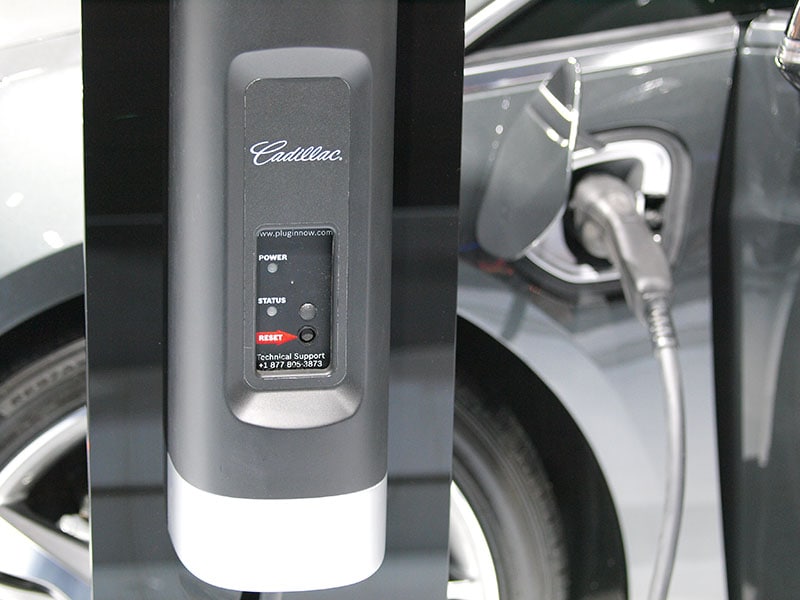
Colorado
Colorado has a plug-in hybrid car tax credit available for the purchase or lease of a qualifying vehicles. In order to qualify, the vehicle must meet the following requirements:
1) The vehicle must be titled and registered in Colorado. 2) The vehicle must be licensed for operation on Colorado’s highways. 3) The vehicle must have four wheels. 4) The vehicle’s gross vehicle weight rating (GVWR) must not exceed 8,500 pounds. 5) The vehicle must have a maximum speed of at least 55 miles per hour. 6) The vehicle must be propelled to a significant extent by an electric motor that draws electricity from a battery that has a capacity of at least four kilowatt hours and is capable of being recharged from an external source of energy.
Unlike many of the other credits, the vehicle need not be new to qualify, but must not have been previously registered in the state. To calculate the credit, take the MSRP of the base model (with no added options) or the leased value of the vehicle (or the purchase price if the vehicle was bought second hand), with any rebates, grants, or credits subtracted. The credit is calculated by taking this value and multiplying it by the capacity of the battery in kWh, and then dividing the total by 100, with a maximum credit of $6,000. The credit is refundable, so if the credit exceeds the taxes due, the excess will be refunded as a tax return.
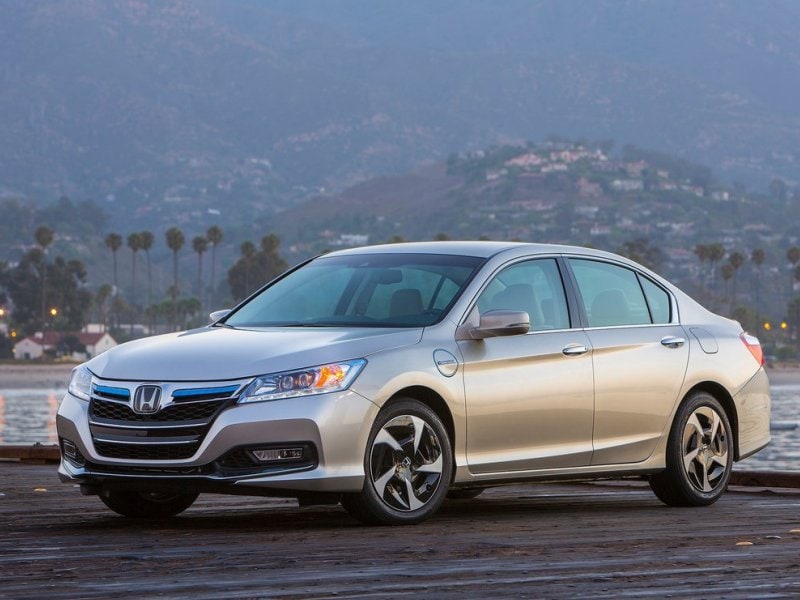
District Of Columbia
The District Of Columbia provides an excise tax exemption and a reduced first-time registration fee of $36 (instead of $72 to $155, depending on vehicle weight) to the purchaser of new vehicles with a city fuel economy rating of 40 miles per gallon or better. Subsequent purchasers of the vehicle will also qualify for an excise tax exemption, but not the reduced registration fee.
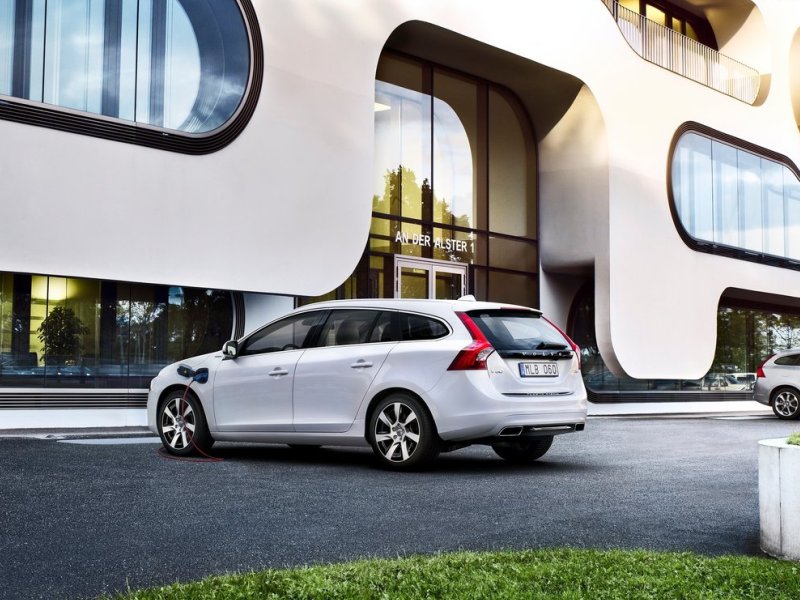
Illinois
Illinois offers rebates (not tax-credits) for people who purchase plug-in hybrid vehicles. For vehicles with a conventional gasoline or diesel counterpart, the rebate is 80 percent of the added cost of the alternative fuel vehicle (up to $4,000), while vehicles without conventional counterparts receive a rebate of 10% of the base MSRP, not including any additional equipment or options (again, up to $4,000). In order to qualify the vehicle must be new, and purchased from a dealership in Illinois.
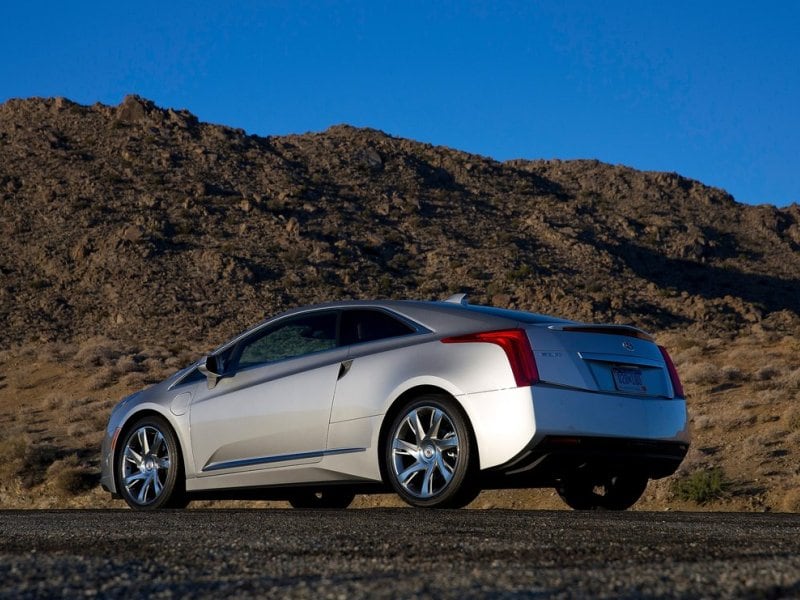
Louisiana
Louisiana offers a potentially large refundable tax credit for plug-in hybrid cars. The credit is calculated as 50% of the incremental cost (the difference in price between the traditional and the PHEV version of the car) of a new plug-in hybrid. Alternatively, if the taxpayer is unable to determine the incremental cost they can take a tax credit of 10% of the vehicle cost, to a maximum of $3,000.
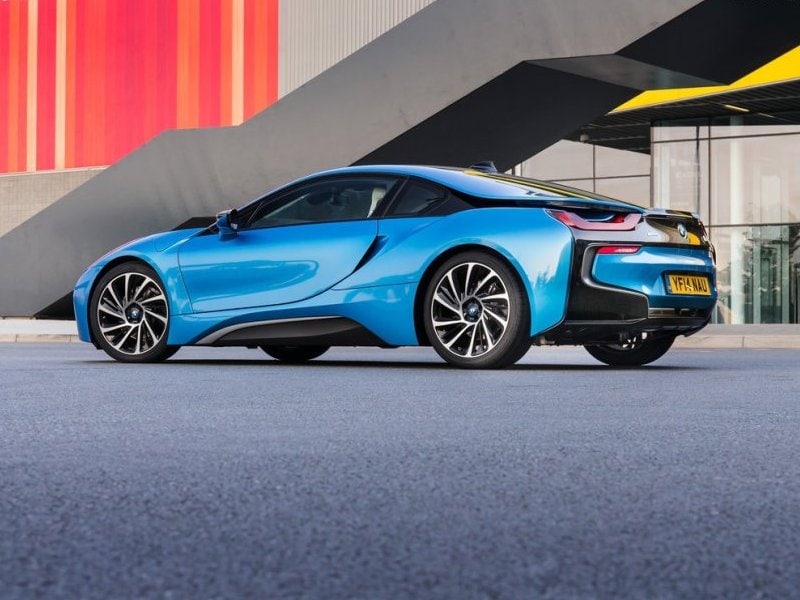
Photo by BMW
Maryland
If you purchased or leased a plug-in hybrid in Maryland between July 1st, 2013 and June 30th, 2014, you may be eligible for an excise tax credit of up to $1,000. Vehicles with a battery capacity of 4.0 kWh or greater, but not greater than 10.0 kWh are eligible for a Level I Excise Tax Credit of $600. Vehicles with a battery capacity of 10.1 kWh or greater, but not greater than 15.0 kWh are eligible for a Level II Excise Tax Credit of $700. Vehicles with a battery capacity of over 15.0 kWh are eligible for a Level III Excise Tax Credit of $1,000.
PHEVs purchased or leased after July 1st, 2014 may be eligible for excise tax credits of up to $3,000, subject to the availability of funds. The credit is calculated by multiplying the battery capacity in kilowatt-hours by $125. Vehicles with battery capacities of 25 kilowatt-hours and above qualify for the maximum of $3,000. In order to be eligible, the vehicle must meet the following:
1) The vehicle must be designed primarily for use on public streets, roads, and highways. 2) The vehicle cannot be modified from the manufacturer’s specifications. 3) The vehicle must be a new vehicle purchased from a dealer. 4) The vehicle must be acquired for use or lease by the taxpayer, and not for resale. 5) The shipping weight of the vehicle may not exceed 8,500 pounds. 6) The maximum speed capability must be at least 55 miles per hour. 7) The vehicle must be capable of being recharged from an external source of electricity.
Funds of $600,000 per year are allocated towards the credits, and are released on a first-come, first-served basis. The credits are limited to one per individual, and may not exceed the applicant’s state income tax, are nontransferable, and may not be carried over to another tax year.

Massachusetts
Massachusetts offers MOR-EV (Massachusetts Offers Rebates for Electric Vehicles) rebates of up to $2,500 for eligible plug-in hybrid vehicles purchased or leased for a term of not less than 36 months. To qualify for a rebate, the vehicle must be new, the MOR-EV application must be submitted after you have taken possession of the vehicle, within 3 months of the purchase or lease date of a new vehicle, and prior to the exhaustion of the available rebate funds ($1.86 million for the initial program year) on a first-come, first-served basis. Only vehicles purchased on or after June 18th, 2014 are eligible.
Massachusetts rebates for plug-in hybrid vehicles:
Make / Model Rebate Amount
BMW i3 REx $2,500 BMW i8 $1,500
Cadillac ELR $2,500
Chevrolet Volt $2,500
Ford CMAX Energi $1,500 Ford Fusion Energi $1,500
Honda Accord Plug-In $1,500
Porsche 918 Spyder $1,500 Porsche Cayenne S E-Hybrid $2,500 Porsche Panamera S E-Hybrid $1,500
Toyota Prius Plug-In Hybrid $1,500 For more information, visit https://mor-ev.org/.

Oklahoma
For tax years beginning before January 1, 2015, Oklahoma consumers are eligible for a one-time income tax credit for 50% of the incremental cost of a new PHEV, as long as the tax credit has not previously been taken on the vehicle. In tax years starting before January 1, 2020, this credit is reduced to 45% of the incremental cost. If you are unable to calculate the extra cost for the hybrid system parts, a tax credit in the amount of 10% of the total vehicle cost up to a maximum of $1,500 can be claimed. These tax credits can be carried forward for up to five years.
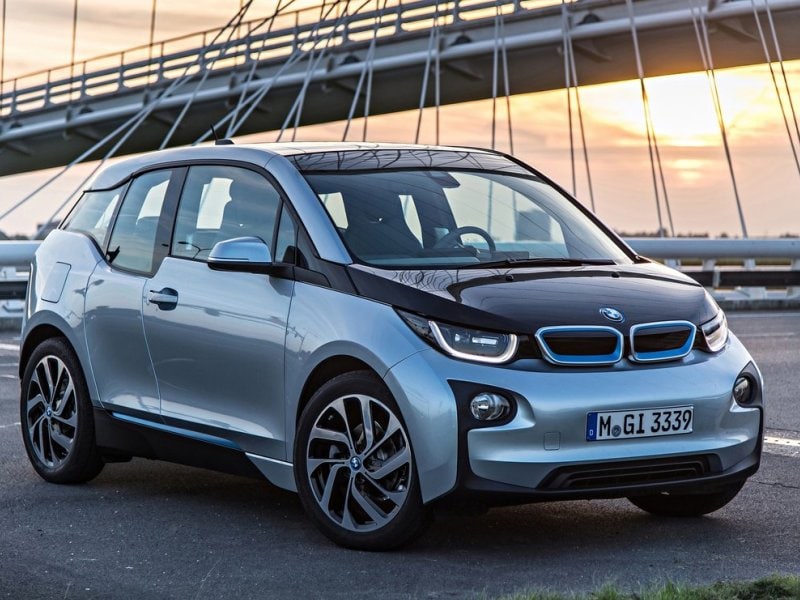
Pennsylvania
Pennsylvania offers rebates to consumers who purchase (but unfortunately not for those who lease) a new plug-in hybrid vehicle. To qualify, the car must have less than 500 miles on the odometer when purchased, and the application must be submitted within 6 months of the date of purchase. PHEVs with a battery capacity greater than or equal to 10 kWh are eligible for a $2,000 rebate, while cars with a battery capacity less than 10 kWh are eligible for a $1,000 rebate. Consumers are encouraged to submit their applications as soon as possible as funds are limited and may be depleted before the rebate can be processed. The rebates of $2,000 are limited to 500 (with 80 left as of February 18, 2015), and will end on June 30, 2015. Because these are rebates, any money received is considered taxable income and may actually increase your tax liability.
For more information, visit http://www.portal.state.pa.us/portal/server.pt/community/alternative_fuels_incentive_grant/10492/alternative_fuel_vehicles/553206.
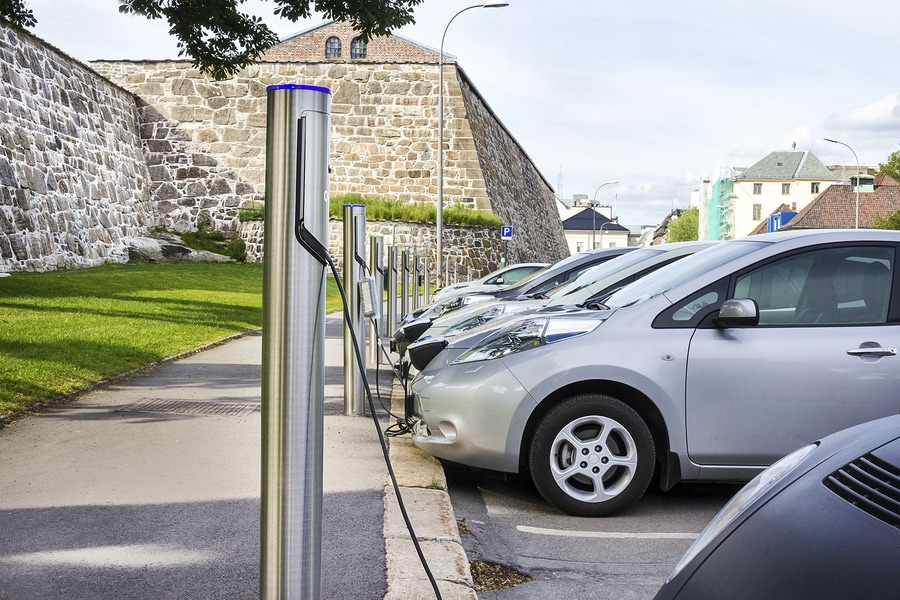
South Carolina
South Carolina offers a plug-in hybrid vehicle tax credit for taxable years before 2017. In order to qualify, the vehicle must have an all-electric range of at least 9 miles, use an external source of energy to charge the battery, and have at least 4 kWh of battery capacity. The rebate is $667, plus $111 for every kWh over the minimum of 4 kWh with a maximum rebate of $2,000. Low or medium speed vehicles do not qualify for the credit, and total claims for all taxpayers in one year may not exceed $200,000. Tax credits are available on a first-come, first-served basis.
